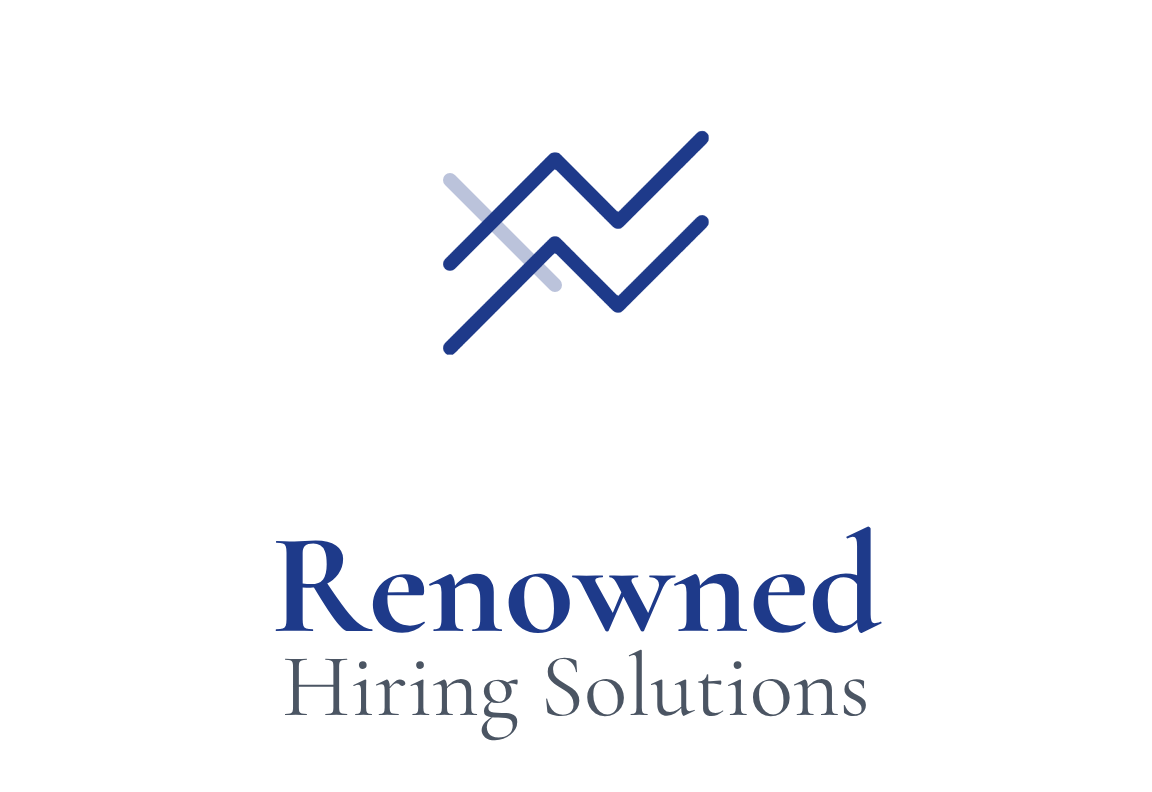There’s a pervasive narrative that has taken hold of the job market: the “robot recruiter.” It’s an autonomous AI, working in a black box, algorithmically rejecting 75% of resumes before a human ever sees them. Candidates are terrified of it, and frankly, many HR leaders are unclear on where the myth ends and the reality begins.
Let’s be clear: this “robot recruiter” is a myth.
The reality of AI in hiring is not one of automation; it’s one of augmentation. AI isn’t replacing the human recruiter; it’s redefining them.
This technology isn’t an optional upgrade. It is a direct response to the mathematical crisis of volume in the modern talent funnel. When Google receives over 3 million applications a year and Goldman Sachs gets over 315,000 applications for a single internship program, manual review isn’t just inefficient—it’s physically impossible.
For HR professionals and hiring managers, the central challenge is no longer if we should use AI, but how. We must balance a powerful business imperative for efficiency against significant public distrust and, most importantly, a complex new legal and regulatory framework.
Here’s what you actually need to know.
The Crisis of Volume: Why AI Became a Necessity
To understand AI’s role, you must first understand the math. A single competitive role can easily attract 200+ applications. If a diligent recruiter spends just 60 seconds on an initial resume scan, that’s over three hours of monotonous screening for one position before a single phone screen.
This massive administrative burden, which can consume up to 80% of a recruiter’s time, leads to “attention fatigue.” A recruiter reviewing their 150th resume is not applying the same focus as when they reviewed their first.
The “filter” is not an invention of AI; it’s a mathematical necessity. AI’s role is simply to make this massive, necessary filtering task possible, consistent, and data-driven.
Know Your Tools: The Critical Difference Between ATS and AI
Much of the public’s confusion—and fear—stems from lumping two very different technologies together: the Applicant Tracking System (ATS) and true AI.
- Applicant Tracking System (ATS): This is what 99% of Fortune 500 companies use. An ATS is, first and foremost, a database and workflow tool. It’s a digital filing cabinet. The “rejections” it issues are typically based on simple, rules-based “knock-out questions” set by a human (e.g., “Do you have work authorization?”). A recent study found that 92% of recruiters report their systems do NOT auto-reject candidates based on resume content alone.
- True AI Screening: This is a data processor that sits on top of the ATS. It uses machine learning to parse 100% of resumes, understand context (e.g., “client success” is similar to “customer success”), and rank the entire applicant pool against the human-defined criteria.
The AI does not reject the candidate. The human recruiter logs in and sees a prioritized list. Instead of scanning 200 random resumes, they now focus their limited time on the top 20 candidates ranked by the AI.
The human sets the criteria, and the human makes the final decision from the AI-generated shortlist.
The Augmented Recruiter: How AI Frees You for What Matters
The most impactful and legally defensible use of AI is as a “digital teammate” that automates high-volume, low-judgment work. This frees human recruiters to focus on the high-value, uniquely human skills that AI cannot replicate: judgment, empathy, and strategy.
This is the AI-human division of labor:
| Function | AI Role (Automation & Augmentation) | Human Recruiter Role (Judgment & Decision) |
|---|---|---|
| Scheduling | Fully automates interview scheduling 24/7, integrating with all calendars and handling rescheduling. | Approves final interview slate. |
| Screening | Parses and scores 100% of applicants based on human-defined criteria. Delivers a ranked shortlist. | Reviews the top-ranked candidates. Makes the selection for the phone screen. |
| Interviewing | Transcribes audio, summarizes key points, and identifies action items from the human-led interview. | Conducts the interview. Asks nuanced questions, builds rapport, assesses cultural fit and soft skills. |
| Final Decision | Provides predictive analytics (e.g., “likelihood to succeed”) based on historical data. | Makes the final “Hire / No Hire” decision. Considers all data points and makes a final, nuanced human judgment. |
AI handles tasks, not relationships. Recruiters who leverage AI automation for scheduling and screening save 10+ hours per week, allowing them to move from data entry to strategic advisement.
The Legal Gauntlet: What Every HR Leader MUST Know Now
This is the most critical, high-stakes part of the AI conversation. The “human-in-the-loop” model isn’t just smart strategy; it’s rapidly becoming a legal requirement.
A new, aggressive legal framework is emerging, and “I didn’t know” is not a defense.
- EEOC Guidance (Title VII & ADA): The EEOC has been unequivocally clear: you, the employer, are 100% liable for discrimination caused by your AI tool, even if it was designed by a third-party vendor. Relying on a vendor’s “assurance” that their tool is “bias-free” is not a legal defense. If an AI tool disproportionately screens out a protected class, the legal burden is on you to prove it is “job-related and consistent with business necessity.”
- NYC Local Law 144 (The New Blueprint): Effective since 2023, this law is the blueprint for other states. It mandates that any employer using an “Automated Employment Decision Tool” (AEDT) for a NYC-based role must:
- Conduct an annual, independent bias audit.
- Publish the results of that audit on your website.
- Notify candidates before using the tool.
- Inform candidates of their legal right to request an alternative selection process (i.e., a human-in-the-loop).
- The “Emotion AI” Trap (A Warning): Avoid any tool that claims to analyze a candidate’s personality, “job fit,” or “energy” by analyzing their facial expressions or voice tone. This “affective computing” is widely considered pseudoscientific, notoriously biased, and a massive legal liability. The EU has already banned it in workplace settings, and the EEOC has issued specific warnings against it.
Conclusion: Don’t Replace Recruiters. Augment Them.
The “robot recruiter” is a myth. The augmented recruiter is the reality.
AI will not replace recruiters. But recruiters who use AI will unequivocally replace those who do not.
This shift demands a new, elevated skill set for HR professionals. We are no longer just administrators; we are the strategic, ethical governors of these powerful new tools. The future of our profession lies in embracing AI to manage scale and data, which in turn frees us to be more strategic, more data-literate, and, above all, more human.










